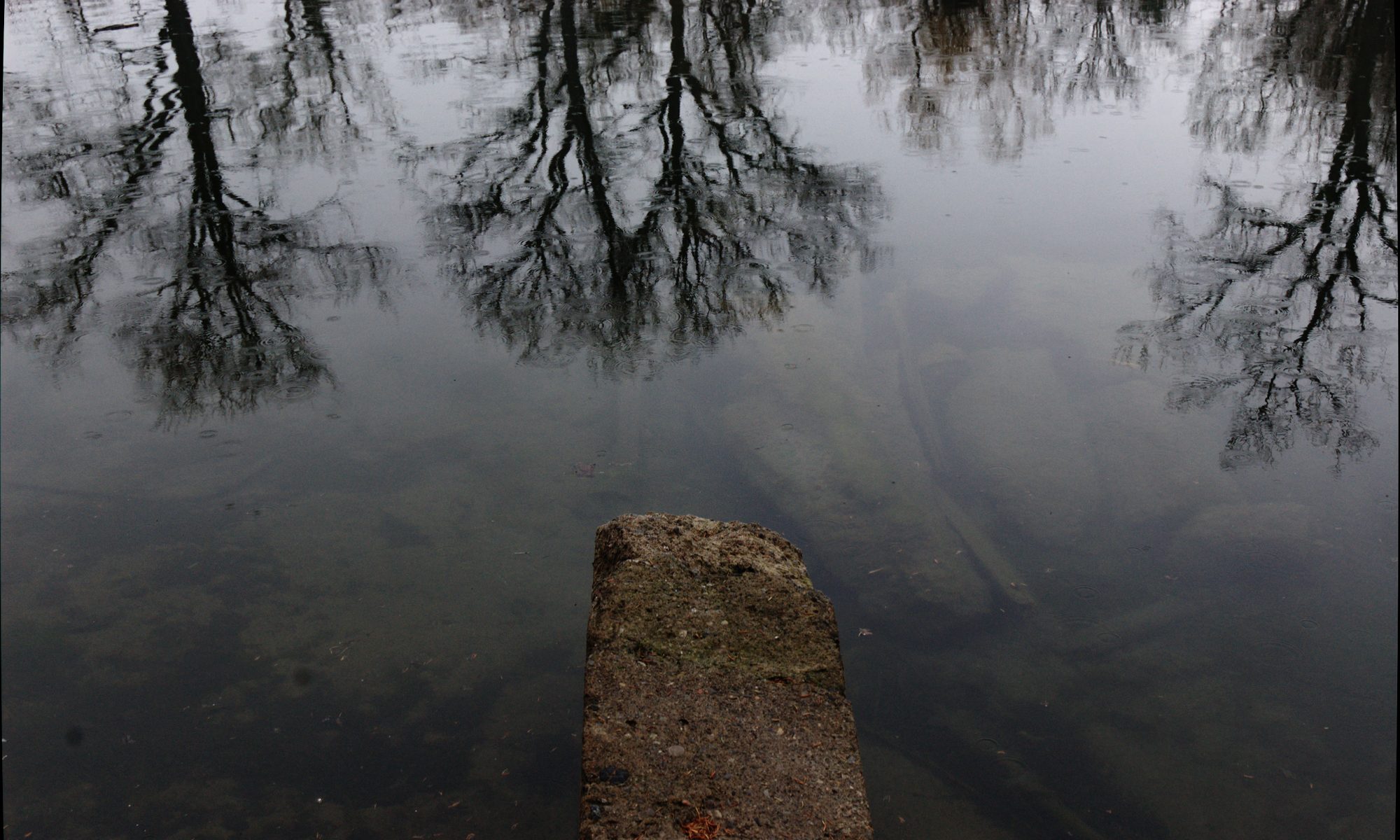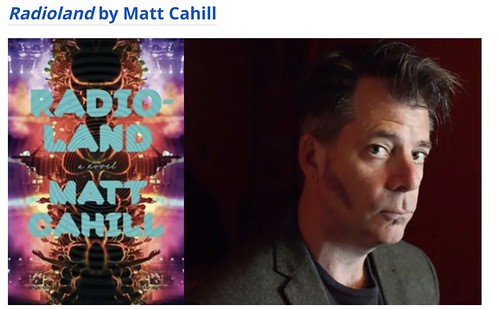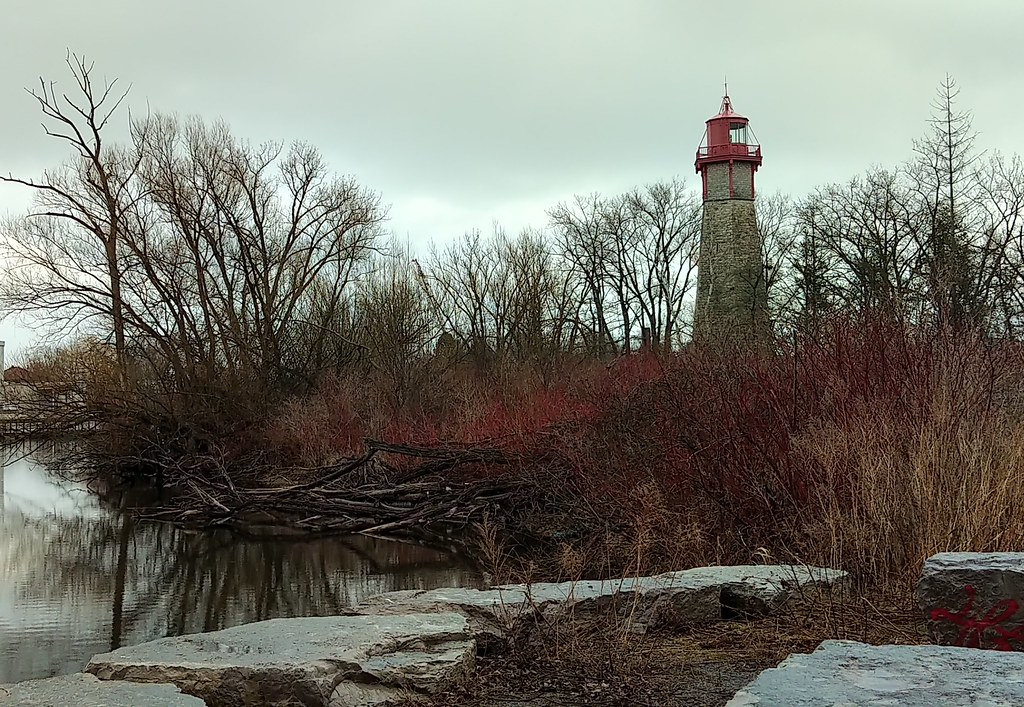
As I’ve done previously, I thought I’d post a list of things I’ve seen in the last while. All of these can be found on major streaming services.
Plan B
Produced for CBC, (streaming locally on Gem) Plan B is a well-made drama with a sci-fi twist. The premise in each season (note: the seasons’ storylines aren’t linked so you don’t need to watch them in order) is the discovery of a phone-in service called Plan B, which — after you submit your payment information — can take you back to an earlier sequence of your life, allowing you to re-live (and re-adjust) your timeline.
The show does a lot without a big budget. It helps that the writing is solid and the premise, rather than being dreamy, often ends up only creating more domestic ethical and moral conundrums for its characters than it solves. This is gritty, grown-up speculative drama (see: Black Mirror, Twilight Zone) that will invite a lot of questions from the viewer about the ways “control” can be addictive to those who are insecure, or indulge our need for justice in ways that goes beyond the grasp of our intent. I found the just-released second season more compelling, but I would recommend the series as a whole.
Time Bandits
I was not particularly interested in watching this, despite multiple critics giving it praises. I’m skeptical of producers taking my childhood memories and rehashing them for the next generation. Discovering that Taika Waititi was behind the series budged the needle a bit. Then there was finding out from my partner, just as I was sitting down to watch it, the controversy over one actor’s on-set experiences during the production of the show. So yes, mixed feelings going in.
While the first episode contains a lot of promise and is definitely the comedically sharpest of what I watched, it’s a case of diminishing returns afterwards. There are some genuine moments of whimsy and satire, and Easter eggs for Python fetishists, but it ends up overly plot-driven with surprisingly little-to-no interest in character development or relationship building. Less surprisingly, Waititi himself is cast but feels inserted just to fill the running time by chewing the scenery. I’ll note that this was made to include a younger viewership, so it’s possible some jokes I thought were basic might land better with children. We stopped after four episodes.
The Lady in the Lake
Based on a novel by Laura Lippman, The Lady in the Lake features Natalie Portman in her first major TV role. The series revolves around two murders in Baltimore in the 60s, the first being a young girl found by the river. This draws-in two narratives from two very different parts of the city. The first is through Portman’s character, a smothered Jewish housewife who is frustrated by the oppressiveness of her social circle and coming to terms with the sacrifices she’s made. The second is by Moses Ingram (who you may recognize from The Queen’s Gambit), a Black single mother who works as a window display model when she’s not making money on the side at the local gambling house.
The lives of the two leads intertwine (albeit in different timelines) as Porter leaves her husband and resentful son, and moves into an apartment in a Black inner-city neighbourhood as she begins a journalistic pursuit of the girl’s murderer. Ingram’s thread is certainly the more propulsive of the two, as she tries to balance municipal political disappointments with supporting her stand-up comedian husband, with everything centred on a nightclub run by a powerful racketeer. There’s a writerly attempt here to draw a parallel between the shared experience of two women oppressed by their circumstances, both of whom must ultimately rely on their persistence and resourcefulness. However, this shared experience can sometimes feel a little like wishful thinking given the fact that there are significant socioeconomic differences between both characters, despite both in their own way paddling up-river in a male-dominated society. Ingram’s stakes are also much higher: she may be the Lady of the title.
There’s a lot going on in this show and certainly maintains a novel-y feel to it. I don’t know what it is about jazz clubs and films / shows that want to be a lot more than they are, because while The Lady in the Lake captures the politics and culture of its era and sports a good cast, the overall telling of the story can feel uneven, despite being a twisty and intimate glimpse of a different time.






